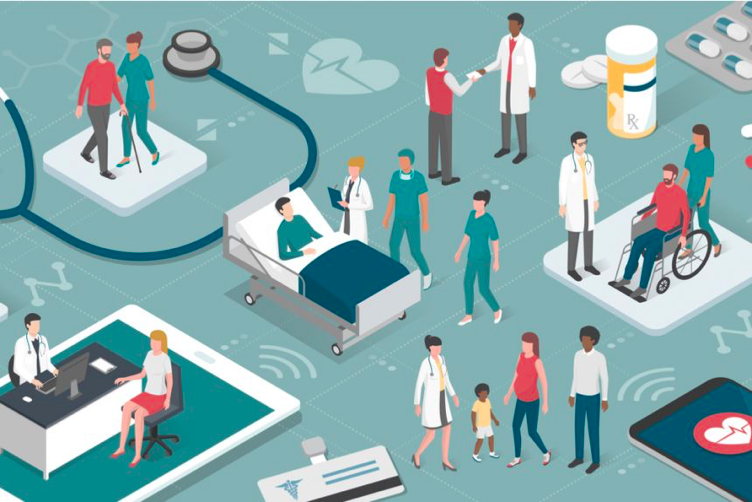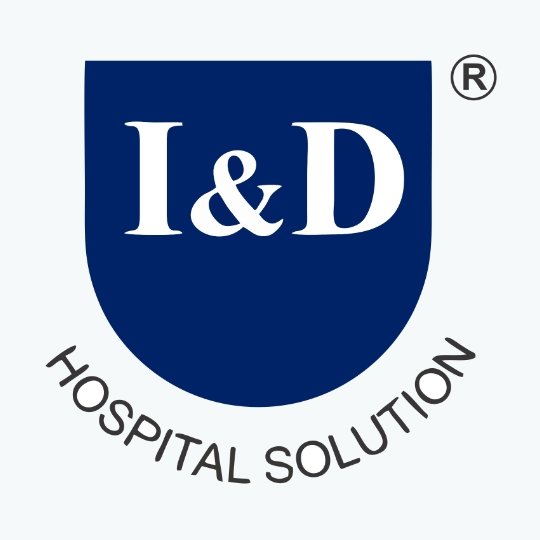Emerging Technologies Healthcare in India
- 14/12/2018
- Posted by: admin
- Category: Blogs

Emerging Technologies Healthcare India has the second-highest number of hospitals worldwide (excluding private hospitals and clinics as well as nursing homes). The country ranks low in terms of life anticipation. The private sector has emerged as a vibrant force in India’s healthcare landscape. The healthcare industry is growing rapidly and is expected to become a billion industry by 2020. The private sector, the government has also committed to healthcare reforms aimed at uplifting the standards of healthcare delivery and to make healthcare available for all.
Things which have to be done
A core focus on Translational Medicine both in terms of budget and technologies is critical.
For example,
Translational groups –
- The Food and Drug Administration (FDA),
- Centers for Disease Control (CDC)
- Health and Human Services (HHS).
several groups about the ‘Aadhar’ program in India and its healthcare vision. Some cities (Pune , Bengalore) contributing in a small way toward Aadhar. This is a great start, but we need to focus more on the macro-economic and macro-disease issues within India: Stress, Pollution, Diet, Water and Sanitation.Opportunity is to link initiatives such as Digital India to help elevate the healthcare system.
This points to a ‘mash-up’ between digitisation in healthcare, smart cities and an ecological approach toward water and sanitation. India is in a position to leap-frog past other emerging economies due to its stability as compared to the other BRIC countries.
Opportunities facing the Emerging Technologies healthcare
Challenges facing the healthcare industries include an ageing population; rising incidence of lifestyle-related non-communicable diseases such as diabetes and heart diseases; as well as a growing pool of digitally-empowered patients.
Technology can be the answer to these challenges. many healthcare organisations are not refreshing their IT investment fast enough and adopting new solutions with respect to data collection (Electronic Medical Records), data transfer (protocols), privacy and security.
Healthcare organisations will need to be able to pool data from any structured or unstructured source into an organised data lake, and use this to keep refining the treatment options for patients.
Healthcare changing in the coming years.
Predictive Analytics and the Internet of Things will shape the future of many industries, including healthcare. These new technologies can truly deliver value to patients.
This includes recording of data, saving raw data and keeping it safe and secure and leveraging it for greater patient insights. The healthcare ecosystem and incorporate technologies such a cloud, big data, mobile and social to empower healthcare organisations to leverage real-time data at the point-of-care.
The role of technology in the future of healthcare
The future of healthcare will rest upon three Pillars:
- Digital Approach.
- Data Intelligence.
- Patient Centric Culture.
IT will be at the centre of this transformation, helping to cut costs, drive productivity gains and uncover new economies of scales for greater efficiency and better patient care. IT can also disrupt today’s systems and fundamentally change healthcare delivery through personalized medicine and connected care.
- In terms of communication technologies challenges face by the healthcare industry.
We need EMR systems with better Clinical Decision Support. Not just in India, everywhere.
Opportunities for Indian medical equipment
Market opportunities are huge. India has a very healthy Healthcare start-up economy. The healthcare world will benefit most from unstructured data, a piece that has been missing in healthcare analytics. Healthcare organisation will also need to look at integrating these devices to the core IT infrastructure, the connectivity to support data collection from these devices to a data lake as well as the storage, management, protection and archiving of these data.



